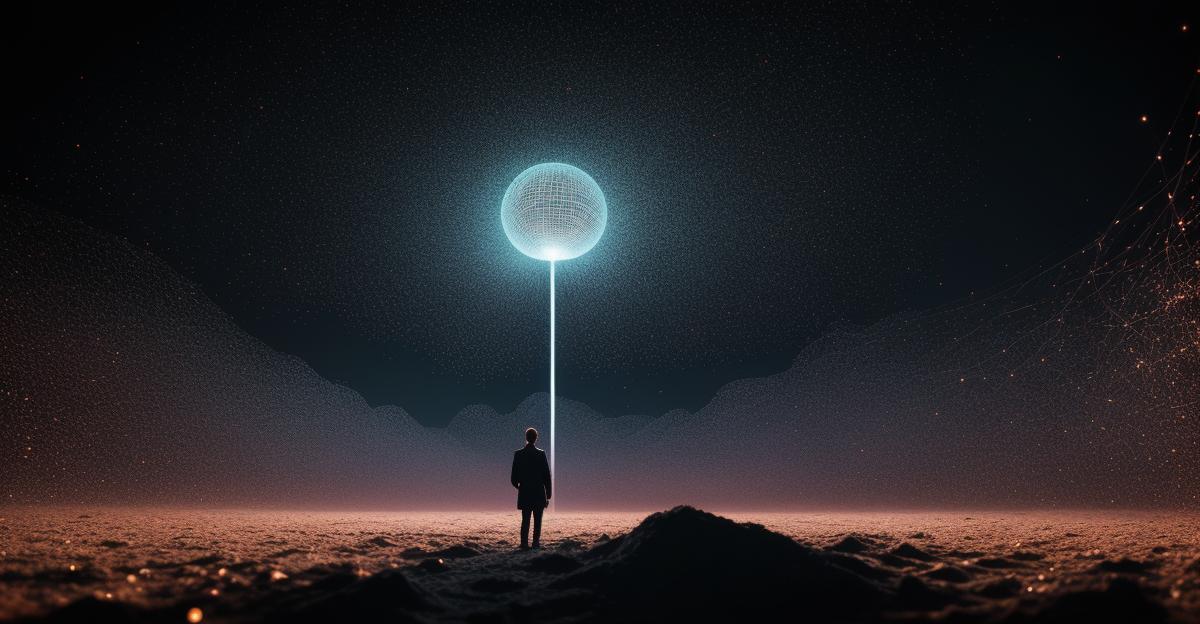
Quantum physics is getting seriously WEIRD! Explore how quantum entanglement, observer effects, and
Alright, buckle up, because we’re about to explore some mind-bending concepts that could challenge everything you think you know. We’re talking about the very nature of reality, how we perceive it, and the unsettling possibility that we’re living in a cosmic rerun. Imagine “The Truman Show” colliding with “Inception,” all seasoned with a generous helping of quantum physics. **Quantum Entanglement: Spooky Action at a Distance Redefined** Ever stumbled upon quantum entanglement? Picture this: two particles, linked together. Not just linked, but *inextricably* linked. Change the state of one, and the other *instantly* mirrors that change, regardless of the distance separating them. Einstein, baffled, famously dubbed it “spooky action at a distance” because it seemed to violate his own theory that nothing can travel faster than light. And it kind of does. It throws a major curveball into the classical physics notion of locality and cause-and-effect. It’s as if these particles are sharing secrets across the universe… telepathically. This instantaneous connection fundamentally questions our understanding of causality. How can one particle “know” what the other is doing *immediately*? It’s as if they exist outside of our conventional understanding of space and time. Spooky, indeed. **The Observer Effect: How Perception Shapes Quantum Reality** Now, let’s dive even deeper into the rabbit hole with the double-slit experiment. This one’s a classic head-scratcher. Imagine firing particles at a screen with two slits. When nobody’s watching, the particles act like waves, passing through both slits simultaneously and creating an interference pattern. But the moment you *observe* them, they suddenly behave like particles, choosing to go through only one slit, almost as if they’re shy in front of a camera. What does this all mean? It suggests that the very act of observation *influences* the outcome. Is reality predetermined, or does our consciousness actively participate in shaping it? Are we passive observers of a pre-existing universe, or active collaborators in its creation? Heavy stuff for a Tuesday afternoon, right? **Delayed-Choice Experiments: Can We Mess With the Past?** Hold on tight, because things are about to get seriously timey-wimey. Delayed-choice quantum eraser experiments take the observer effect and amplify it to an extreme level. In these experiments, scientists can decide *after* a particle has already passed through the slits whether or not to observe which slit it went through. And here’s the kicker: their decision seemingly affects the particle’s behavior *retroactively*. Yes, you read that correctly. The present appears to be influencing the past. This suggests that our linear understanding of time might be… well, a bit off. Perhaps the universe isn’t unfolding in a neat, sequential order, but rather exists as a vast, interconnected web where the past, present, and future are all intertwined. **Active Inference and Predictive Processing: Your Brain as a Reality Simulator** Okay, let’s ground things a bit and talk about our brains. Have you heard of active inference? The core idea is that our brains aren’t just passive receivers of information. Instead, they’re constantly predicting what’s going to happen next and then comparing those predictions to what actually occurs. Essentially, our brains are running simulations, constantly trying to make sense of the world around us. This predictive processing could create a subjective “lag” between external events and our conscious experience. Our brains are, in essence, building a model of reality, and that model might not be perfectly synchronized with the “real” thing. Think of it like watching a live stream with a slight delay – you’re seeing the action, but you’re always a fraction of a second behind. **The Simulation Hypothesis: Beyond Science Fiction?** Finally, let’s address the elephant in the room: the simulation hypothesis. The argument goes something like this: if our technological progress continues, eventually we’ll be able to create simulations so realistic they’re indistinguishable from reality. And if we can do that, then it’s statistically probable that we’re already living in one. If our reality *is* a simulation, what implications does that have for free will? For the meaning of life itself? Are we merely characters in someone else’s elaborate game? It’s a profoundly unsettling thought, one that has fueled countless sci-fi movies, books, and, of course, those late-night philosophical debates in college dorms. So, is reality just lag? Quantum entanglement, observer effects, delayed-choice experiments, and active inference all challenge our conventional understanding of reality, hinting at a potential “lag” between events and our perception of them. It’s a lot to take in, I know. But here’s the real question: **If you *could* know for sure whether or not we’re living in a simulation, would you *really* want to?** Let me know your thoughts in the comments! And while you’re contemplating the nature of existence, **share this and follow for more mind-expanding science!**
Enjoyed this? Check out our YouTube channel for video versions!
Enjoyed this? Check out our YouTube channel for video versions!



